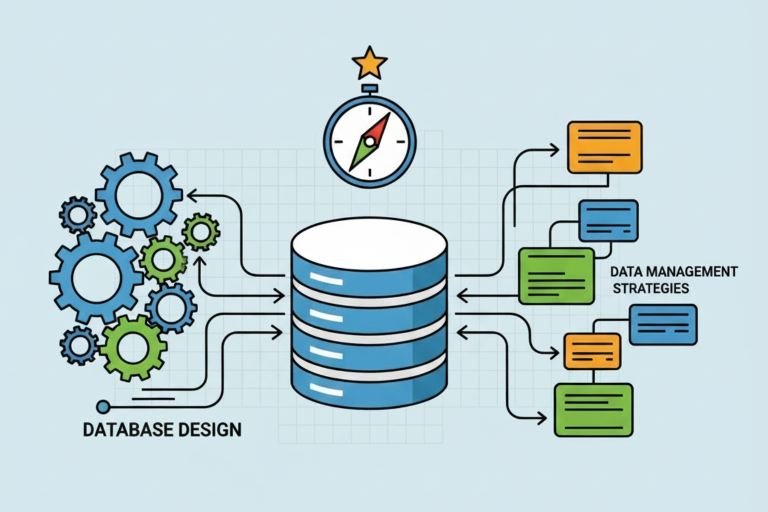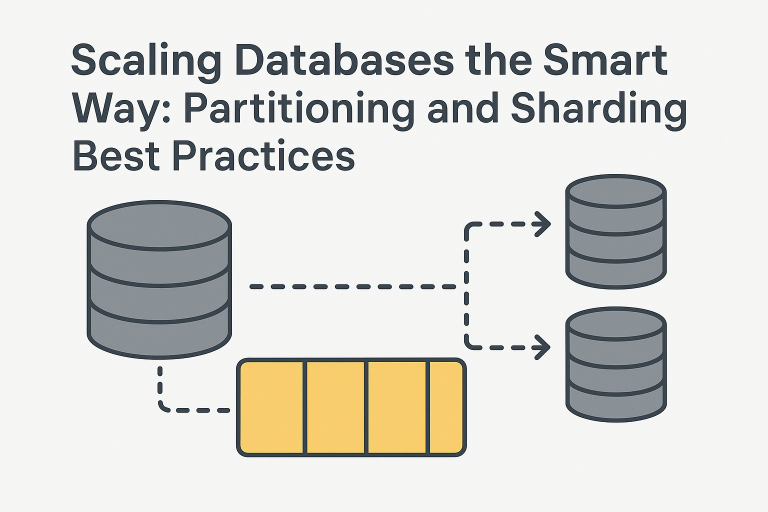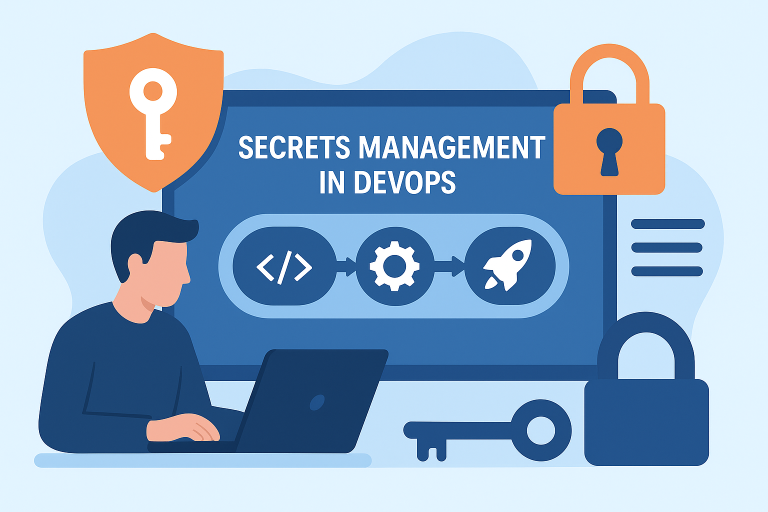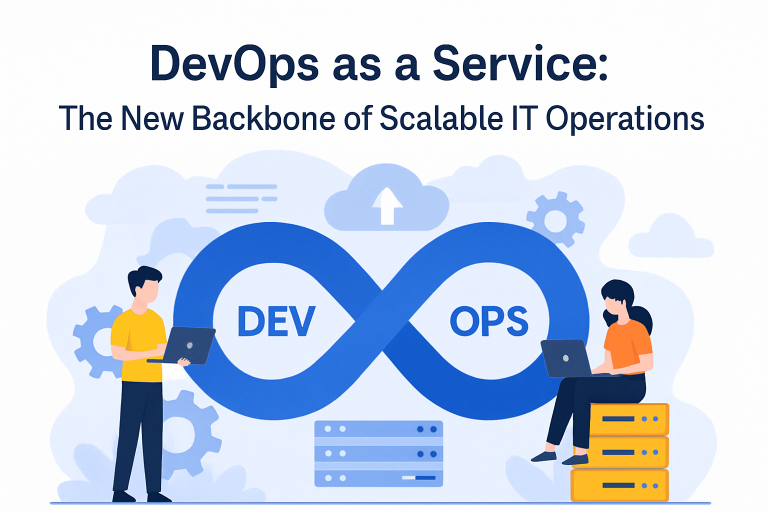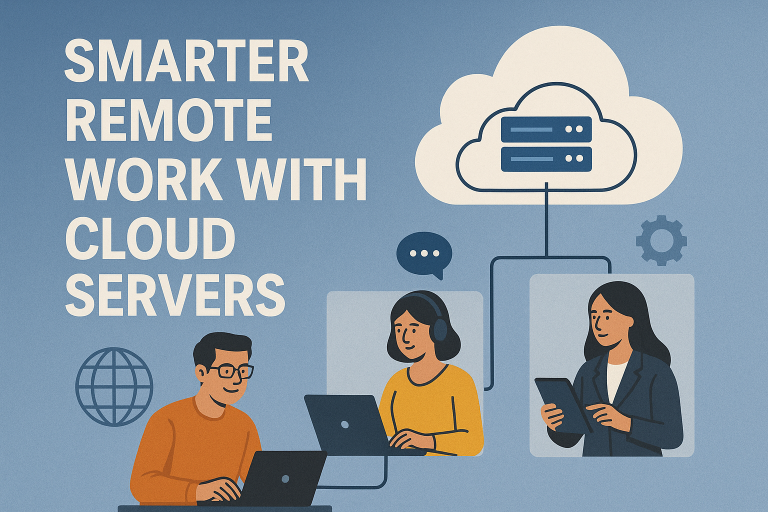
In today’s highly competitive business landscape, organizations constantly seek ways to gain an edge over their rivals. One area where many businesses are turning to is technology, specifically Managed IT Services Providers. These providers deliver the necessary tools and expertise to effectively manage IT infrastructure, which in turn helps businesses stay competitive in their respective industries.
According to a report by MarketsandMarkets, the Managed Services Market is anticipated to rise from USD 243.9 billion in 2021 to USD 354.8 in 2026 at a Compound Annual Growth Rate of 7.9%. Considering the positive impact of Managed IT services on businesses, more organizations are opting for IT outsourcing companies.
So, how exactly are Managed IT Services Providers helping businesses stay competitive? Let’s take a closer look.
Increased Productivity
One of the main benefits of Managed IT Services is increased productivity. Outsourcing IT management to a third-party provider enables companies to concentrate on their core competencies, reducing the burden of managing IT infrastructure. This shift enhances productivity and efficiency by allowing businesses to allocate more resources to their primary goals.
Managed IT Services Providers also provide proactive IT monitoring and maintenance, which helps prevent potential IT issues from causing downtime. So, businesses can keep their operations running smoothly and maintain high productivity levels by minimizing downtime.
Cost Savings
Another benefit of Managed IT Services is cost savings. By outsourcing IT management, businesses can save money on the costs associated with hiring, training, and managing an in-house IT team. Also, managed service providers offer predictable pricing models, making it easier for businesses to budget their IT expenses.
Managed IT Services Providers access expensive technologies and tools that businesses cannot easily maintain on their own. Leveraging an MSP’s expertise allows companies to access the latest technologies without significant investment.
Improved Security
Security is one of the key concerns for businesses of all sizes; consequently, MSPs can help address this concern. Specifically, MSPs provide security services like network security, data encryption, and antivirus protection to safeguard businesses from cyber threats.
Furthermore, MSPs conduct regular security assessments and audits to help businesses identify and mitigate vulnerabilities in their IT infrastructure. By staying on top of potential security issues, companies can effectively prevent costly data breaches and other security incidents.
Scalability
Managed IT Services also provide businesses the scalability they need to grow and adapt to changing business conditions. MSPs can quickly and easily scale their services up or down based on a business’s changing needs without requiring significant investments in hardware or software.
This scalability is particularly valuable for businesses that experience sudden growth or changes in demand, as they can quickly adapt their IT infrastructure to accommodate these changes.
Strategic Goal Setting
Managed IT services are not just about fixing computers or resolving technical issues. They can help businesses achieve their strategic goals by aligning IT resources with business objectives. MSPs work closely with companies to understand their goals and develop an IT roadmap that helps achieve them. This includes improving processes, increasing efficiency, and reducing costs. By partnering with an MSP, businesses can achieve their strategic goals while focusing on their core competencies.
Access to Expertise
MSPs provide businesses with access to expertise that they may not have in-house. MSPs employ a team of IT professionals with a wide range of skillsets and expertise, from network security to cloud computing.
This expertise can be precious for small and mid-sized businesses that may not have the required resources to hire a full-time IT team. So, IT outsourcing allows these businesses to gain access to the expertise they need to manage their IT infrastructure effectively.
Free Up Resources
Your managed services partner can free up valuable resources for businesses. Outsourcing IT support services allows companies to focus on their core competencies and allocate resources toward revenue-generating activities. So, the client companies can optimize their operations and increase their bottom line.
Additionally, MSPs can handle day-to-day IT tasks, such as software updates and maintenance, which can be time-consuming for businesses. Again, these services help organizations to free up their internal resources and focus on strategic initiatives.
Foster Communication and Collaboration
Managed IT Services Providers can also foster communication and collaboration within a business. They can provide businesses with unified communication tools, such as instant messaging and video conferencing, which can help teams stay connected and collaborate effectively.
MSPs can also provide businesses with cloud-based collaboration tools like document sharing and project management software to help teams work together more efficiently. Businesses can improve their productivity and competitiveness by fostering communication and collaboration.
Building Long-Term Alliances and Partnerships
MSPs are not just about fixing issues or deploying technology; rather, they can help businesses build long-term alliances and partnerships. In fact, managed IT service providers act as strategic business partners, offering guidance, expertise, and support. Additionally, they work collaboratively with companies to achieve their goals, improve operations, and deliver value. Ultimately, by building these long-term alliances and partnerships, businesses can attain greater success, profitability, and growth.
Staying Ahead of the Competition
Managed IT services are not just about keeping up with the competition. They can help businesses stay ahead of the competition. Managed service providers bring their industry expertise, best practices, and the latest technologies to the table. They help companies to stay abreast of industry trends, regulatory changes, and emerging threats. Partnering with a managed IT support services firm allows businesses to stay ahead of their competitors, along with reduced risk, and capitalize on new opportunities.
Conclusion
A managed IT support partner enhances competitiveness through increased productivity, cost savings, improved security, scalability, strategic planning, and expert access. As companies face new challenges and opportunities in a rapidly changing business environment, managed IT services will become an increasingly important tool for staying ahead of the competition.
